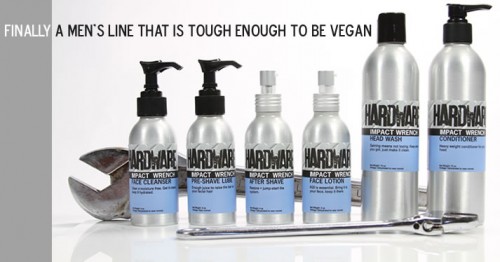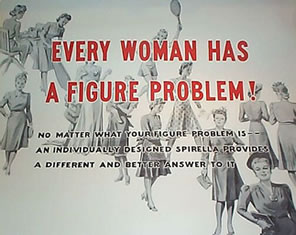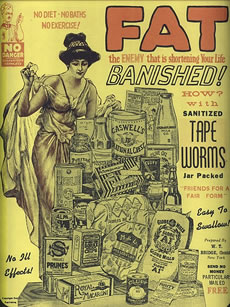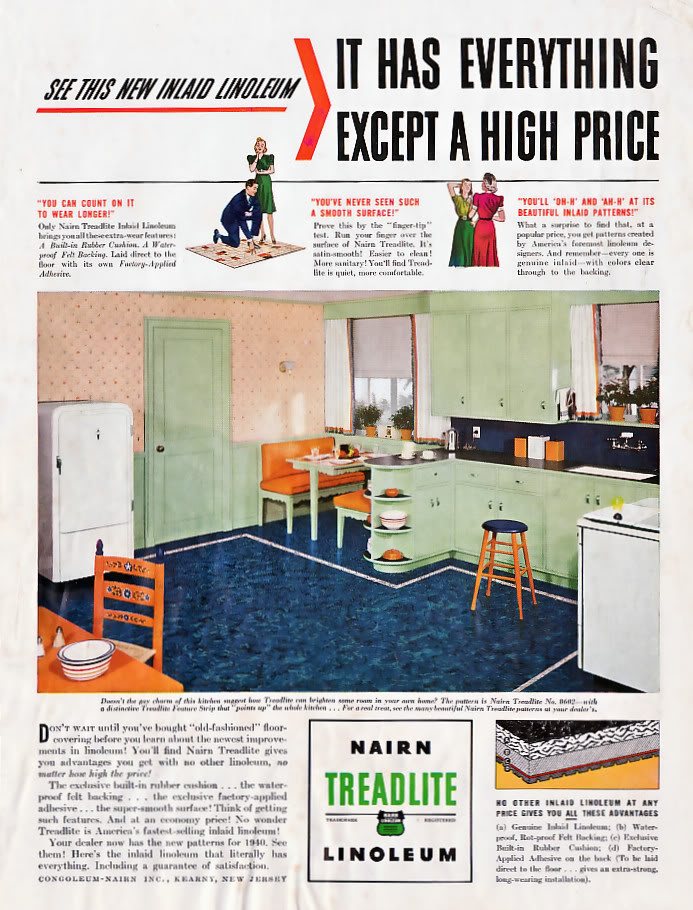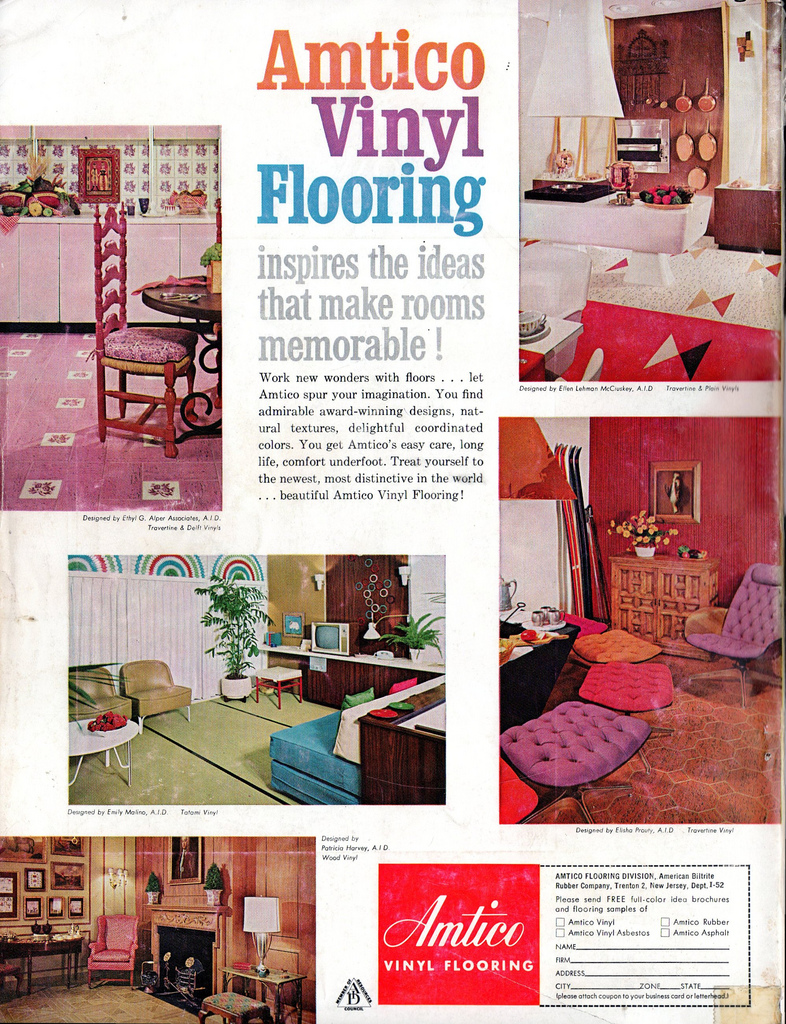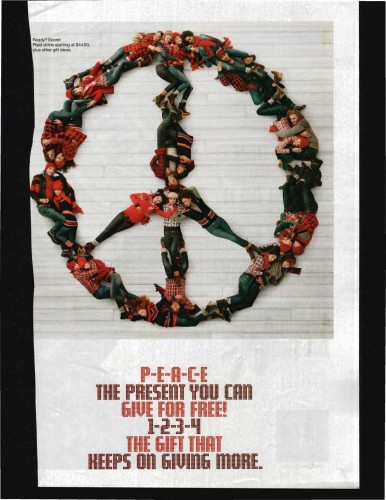In another example of masculinizing items associated with women to make it ok for men to use them, Hope H. let us know about Hardware, a line of vegan hair and body products. The company seems to have taken Hyperbole and a Half’s satire seriously:
All the elements are there: images of tools to make sure it’s clear these are hard-working manly products, the association of men with toughness, and product names that reference hard physical labor. The different product lines include Impact Wrench, Angle Grinder, Jack Hammer, and Tool Belts (aka, gift certificates). The descriptions also refer to tools and cars:
Every perfectly balanced machine needs maintenance. No this is not a sales pitch mate. You would not skip an oil change or two in a 67 Shelby Mustang now would you.
Thus, using these non-animal-ingredient-based products isn’t about being girly. It’s about maintenance, which all machines need!
For more examples, see our posts on hair products labeled things like “maneuver,” “retaliate,” “stand tough,” “work hard,” and “bulk up”; make-up for men named with terms like“power face mask,” “confidence corrector,” “mission balm,” “battle scars repair cream,” “cream me face base,” and “blo-job bronzing powder.”; and shaving your pubes marketed with the suggestion that it will make your penis look bigger.

